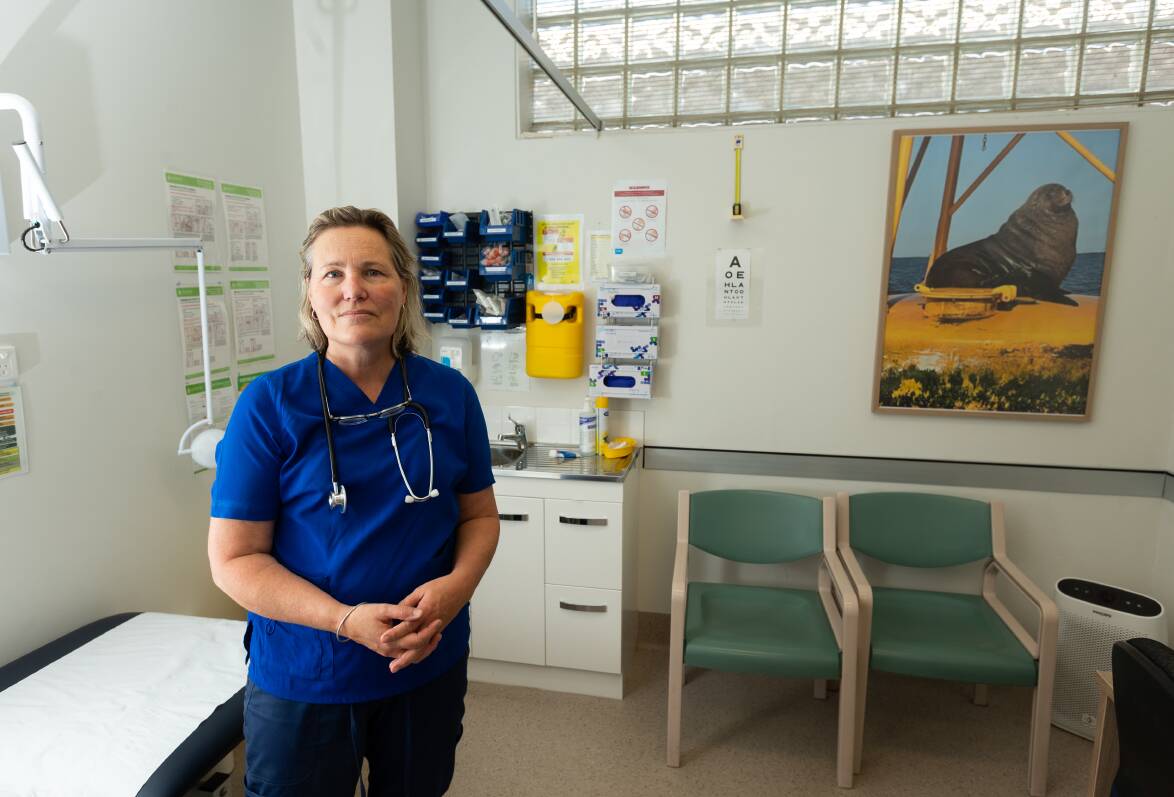
People have been "quite lax about the flu" despite dozens of deaths occurring in the Hunter New England district every year, a leading GP says.
Dr Fiona Van Leeuwen, chair of the Hunter General Practitioners Association, said "the key message is don't underestimate influenza".
Her comments followed reports that a female year 9 student, who lived on the Central Coast, died from influenza B at the weekend.
NSW Health data shows that 118 people died from influenza and pneumonia in the Hunter New England district in 2019-20.
In the past 20 years, the data shows a high of 190 influenza-related deaths occurred in the district in 2017-18 and a low of 80 deaths in 2008-09.
The median age of influenza-associated deaths in Australia last year was 82. Children aged five to nine had the highest influenza notification rates during that period, followed by children younger than five.
The Newcastle Herald reported last week that 16 children had been admitted to intensive care since May with "life-threatening complications" from influenza at three NSW hospitals.
Four affected children were treated at John Hunter Hospital.
"What happens with influenza is people get a nasty viral illness," Dr Van Leeuwen said.
"Usually what makes people really sick is they get a severe bacterial infection after that.
"People are more likely to get meningitis [infection of the lining of the brain], sinusitis or otitis media [middle ear infection], or they get pneumonia. They're the things that people often get really sick with."
She said there was a risk that people might have influenza, but think "it's only COVID, it won't last very long".
"Then they might get the secondary bacterial infections that sweep in. So by the time they seek assistance, they might already be extremely ill."
She said people shouldn't dismiss symptoms such as high fevers, body aches and a cough.
"It's important that if people are unwell they seek medical attention promptly," she said.
"Don't think you'll wait it out. Sometimes the bacterial infections can come up really fast and kill young people and pregnant women."
She urged people not to wait until they have breathing difficulties that require emergency attention.
Hospital admissions for flu were generally higher in vulnerable groups.
"For a small amount of people, it's lethal. It will kill you pretty quickly," she said.
"Everybody I know who's had influenza says they were the sickest they've been in their life."
She urged people to get the flu vaccine.
"The good thing about the flu vaccine is it's tailored every year to the northern hemisphere influenza strains."
The vaccine is free for children aged six months to less than five, all people five and over with certain medical conditions, pregnant women and those aged 65 and over.
Public health experts say the flu season is happening earlier than usual this year. Last week, the Hunter New England district had 94 emergency department presentations with flu-like illness across all ages.
In the same week in 2018, the district had less than 10 emergency department presentations with flu-like illness. In 2019, there were 26 cases.
Data from the past five years showed the district hit a high of 140 emergency department presentations in a week for flu-like illness in mid-August 2018.







